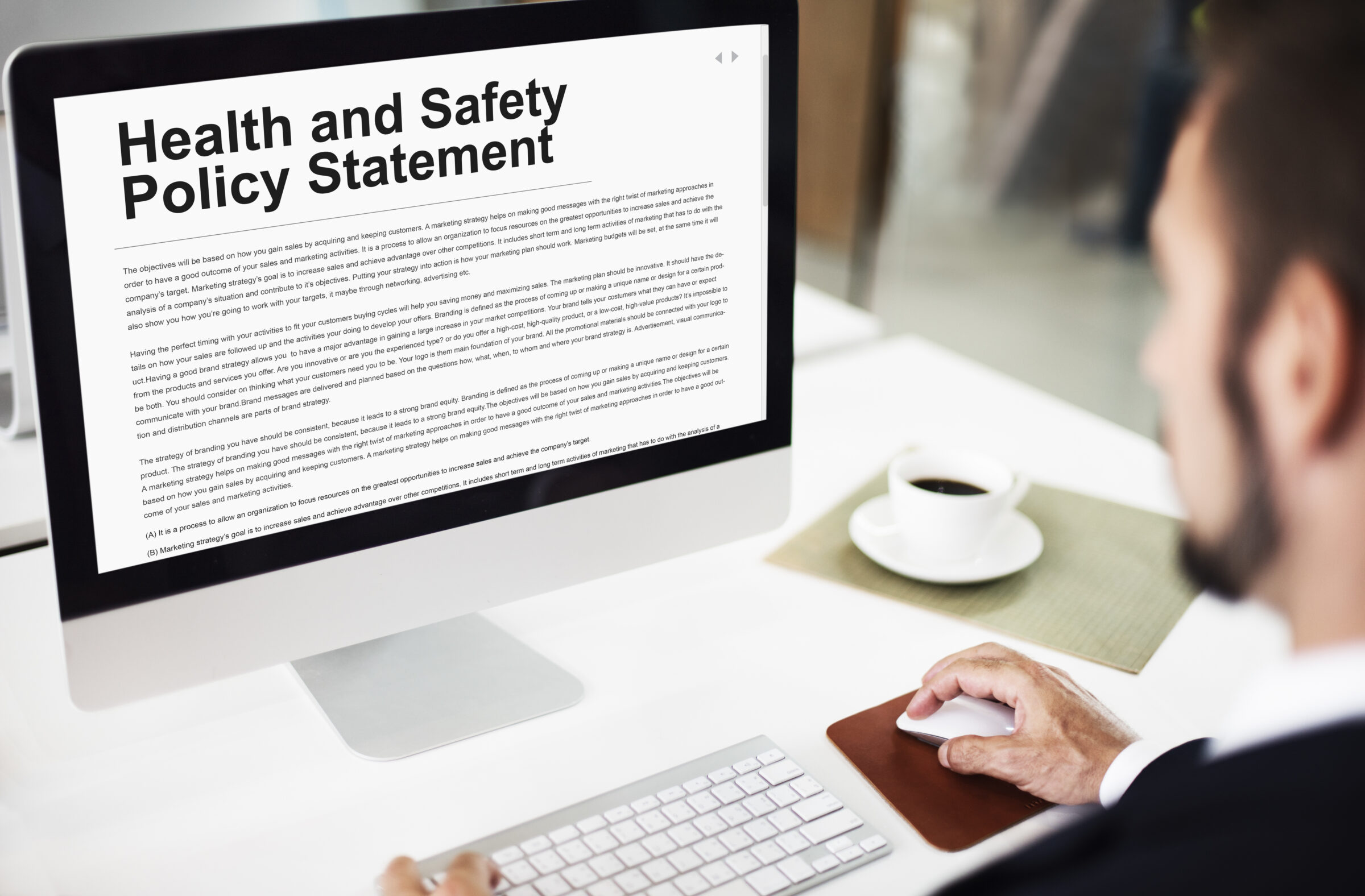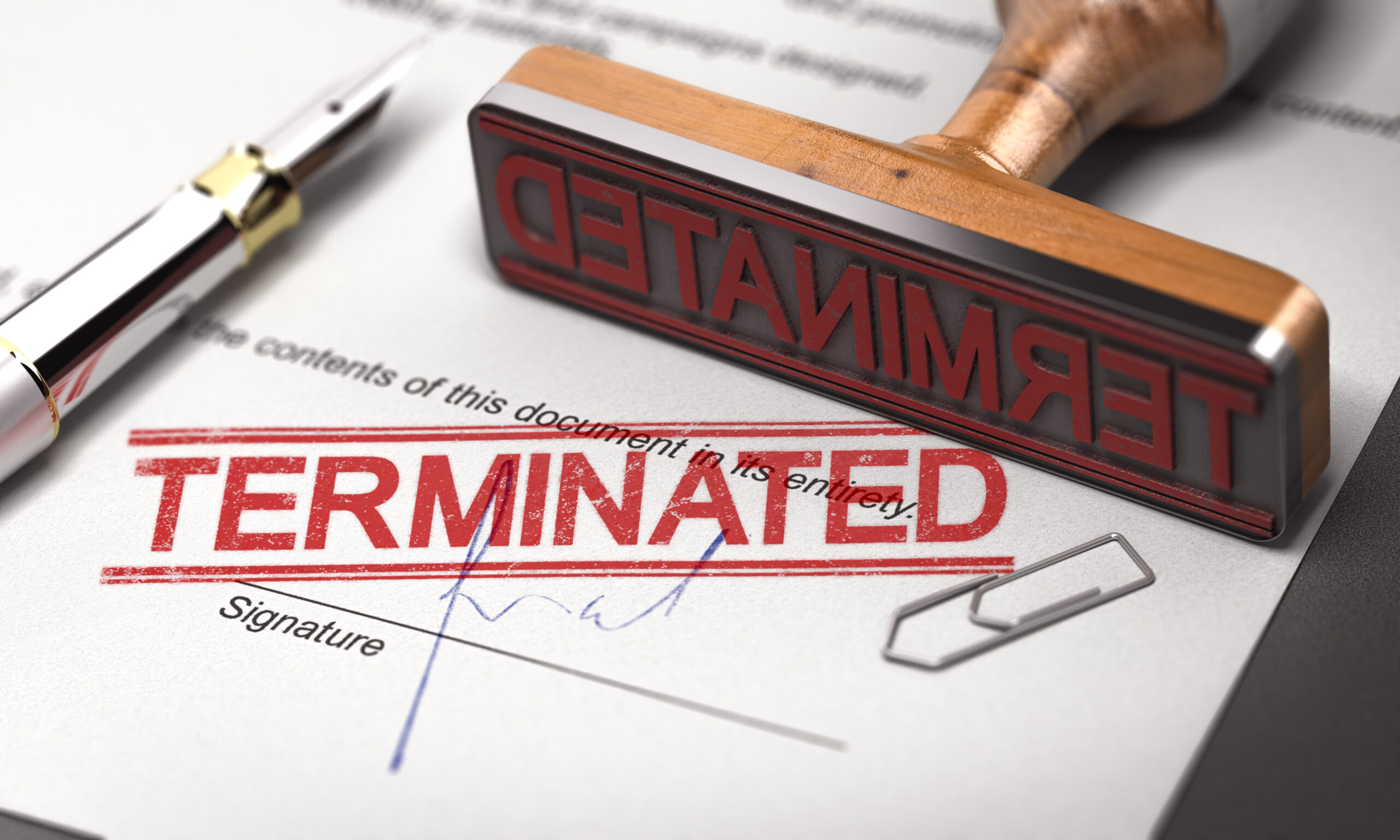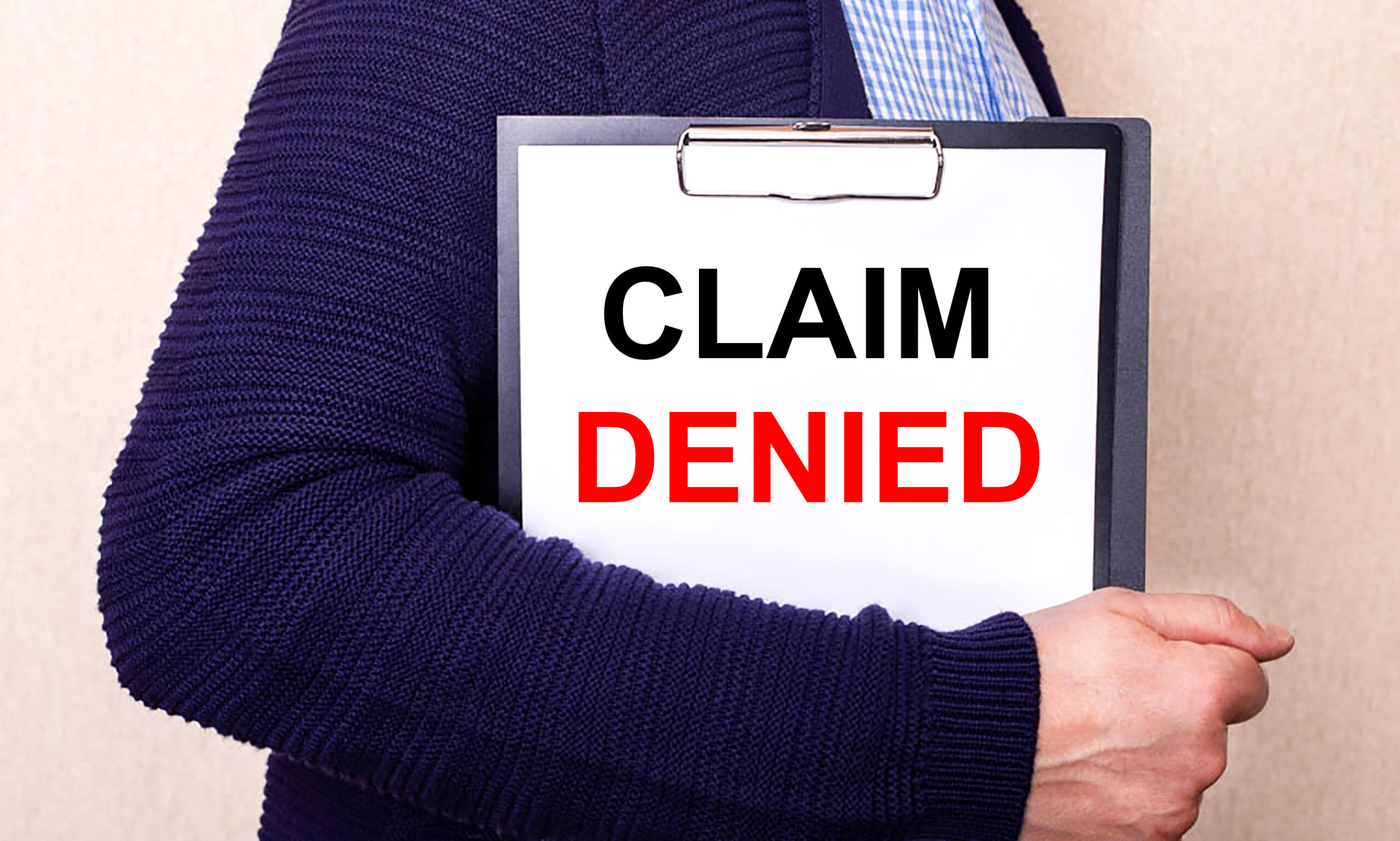
Navigating Liability Waivers in Personal Injury Claims
Liability Waivers: Can I still make a claim for personal injury if I signed a waiver?
Liability waivers can impact your legal rights, but you should never assume that you can’t make a personal injury claim just because you signed one. A liability waiver may be invalid and unenforceable, or it may not cover the type of activity or risk that caused your injury—meaning you may still be able to make a claim for compensation.
What is a waiver and how does it affect my rights?
Companies and businesses use a liability waiver, sometimes referred to as a release, as a type of contract to shield themselves from legal responsibilities such as injury or death. Essentially, by signing a personal injury liability waiver, you commit to abstaining from suing a person or company if you incur harm during specified activities, even if the person or company’s negligence caused the harm.
Sports or recreational activities like skiing and hockey, classes or lessons such as yoga and karate, competitions or tournaments like tennis and jiu jitsu, and adventure sports including ziplining, bungee jumping, and white water rafting commonly utilize liability waivers. Sometimes the waiver is a document all on its own, with the words “WAIVER OF LIABILLITY” in big, bold letters at the top of the page.
Sometimes, documents such as membership agreements or registration forms embed the waiver. Signs or purchased tickets for participation in activities, like warning signs at ski resorts or the backs of ski lift tickets, may also display it.
Can I still make a personal injury claim if I signed a waiver?
You may still be able to bring a lawsuit against the wrongdoer even if you signed a waiver. Many reasons exist as to why circumstances might render liability waivers unenforceable or inapplicable. For example:
- Did someone bring the waiver to your attention, and were you given the opportunity to read or have it explained? A waiver may not be enforceable against you if you didn’t receive sufficient notice.
- Does it use clear language? If the terms of the waiver are vague, overly complex, or ambiguous, it may not be binding.
- Does the waiver(for personal injury claim) specify what risks it applies to and who it is meant to protect? A waiver doesn’t need to list every possible cause and type of injury, but it does need to be explicit enough so you can understand its scope. Unnamed or improperly named people or organizations may not be protected by the waiver.
- Was the waiver signed by or on behalf of a minor? Liability waivers may not be upheld against children.
- Did the parties specifically consider the risk or harm when the release was given? In BC, waivers only address risks that both parties specifically thought of when signing the document.
Here is a great example of that last point, from a BC personal injury case called Peters v. Soares, 2019 BCSC 189. <https://canlii.ca/t/hxlzb> Mr. Peters was injured in a jiu-jitsu competition held in 2016. Mr. Peters filed a lawsuit against his instructor, Mr. Soares, alleging negligence for making him compete against a heavier opponent in a competition requiring stand-up skills.
Prior to the competition
Mr. Peters attended jiu-jitsu classes taught by Mr. Soares but had no training or experience in stand-up skills.
Mr. Peters had signed a membership agreement in 2015 when he started taking classes with Mr. Soares. When Mr. Peters sued, Mr. Soares argued that the personal liability waiver sections in the membership agreement applied to the competition as well. The BC Supreme Court rejected Mr. Soares’ argument.
The waiver in the membership agreement was to not sue for injuries arising from or in connection with participation in classes. Mr. Peters was claiming for injuries arising from the competition, not the classes. As such, the language of the waiver did not apply.
There was no evidence that Mr. Peters considered the competition when signing the membership agreement in 2015. Therefore, there was no reason to believe that the waiver provisions would apply to a competition the following year.
This lack of foresight meant that the membership agreement’s waiver provisions had no basis for application to the subsequent competition. Mr. Peters’ personal injury claim was allowed to proceed.
Get legal advice about challenging a waiver or release
Don’t assume you can’t sue because you signed a liability waiver.If you or a loved one has suffered serious injury or death as a result of a wrongful or harmful incident, the experienced personal injury lawyers at Simpson Thomas & Associates are here to help. Call us today to schedule your free initial consultation. https://simpsonthomas.com/contact/
About Simpson Thomas and Associates:
STA is a law firm with a rich history of over 50 years. It is based in the lower mainland with offices in Vancouver and Surrey.
The firm is active in various practice areas. Namely, personal injury, family law, immigration, employment law, estate litigation, and insurance denials.
STA commits to serving the community with its legal expertise. Also, actively support causes that enhance the well-being of individuals and families.
Reach out and consult with us:
Mel Chaudhary, Lawyer
Simpson, Thomas & Associates
(604) 689 – 8888




